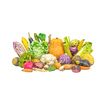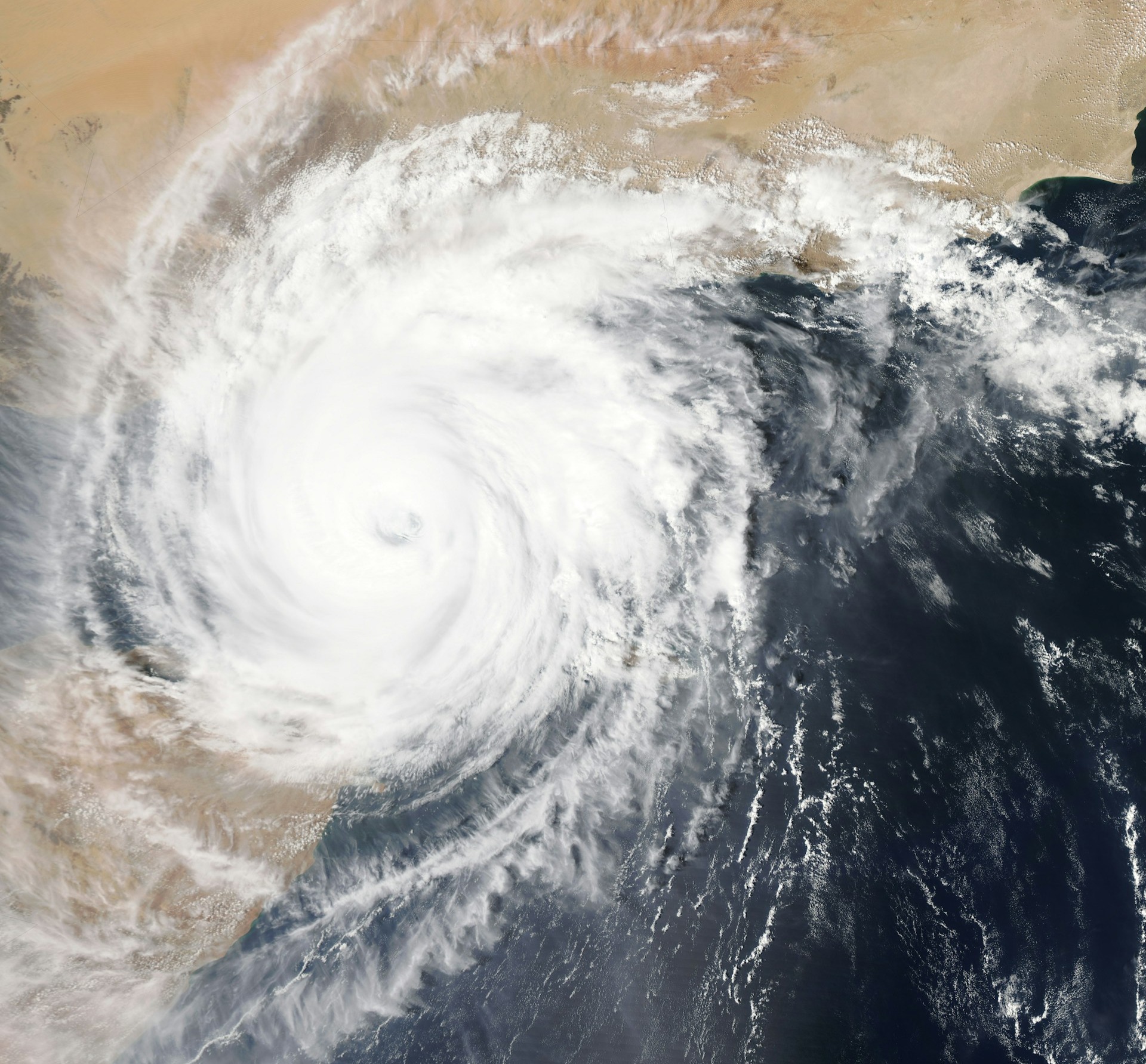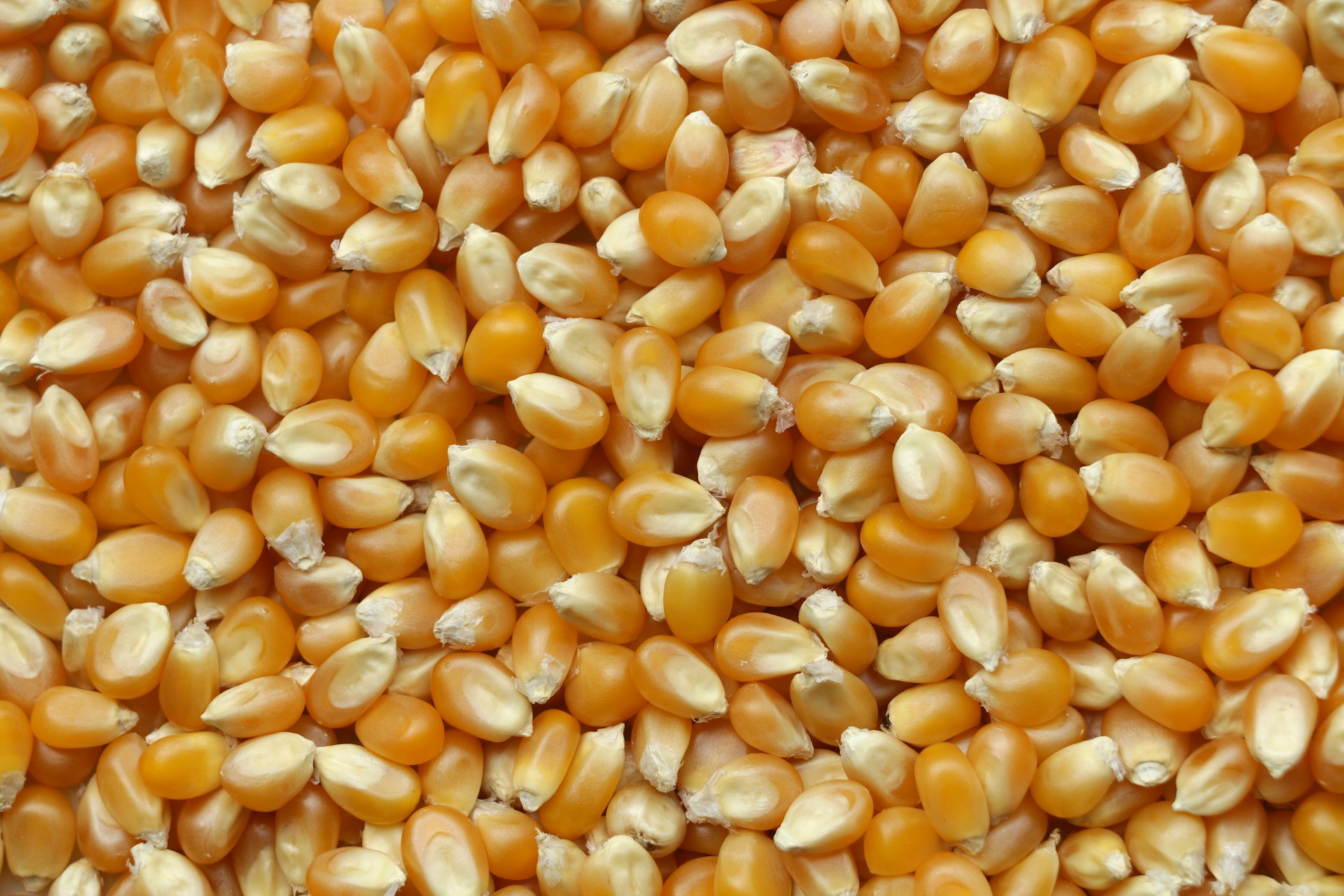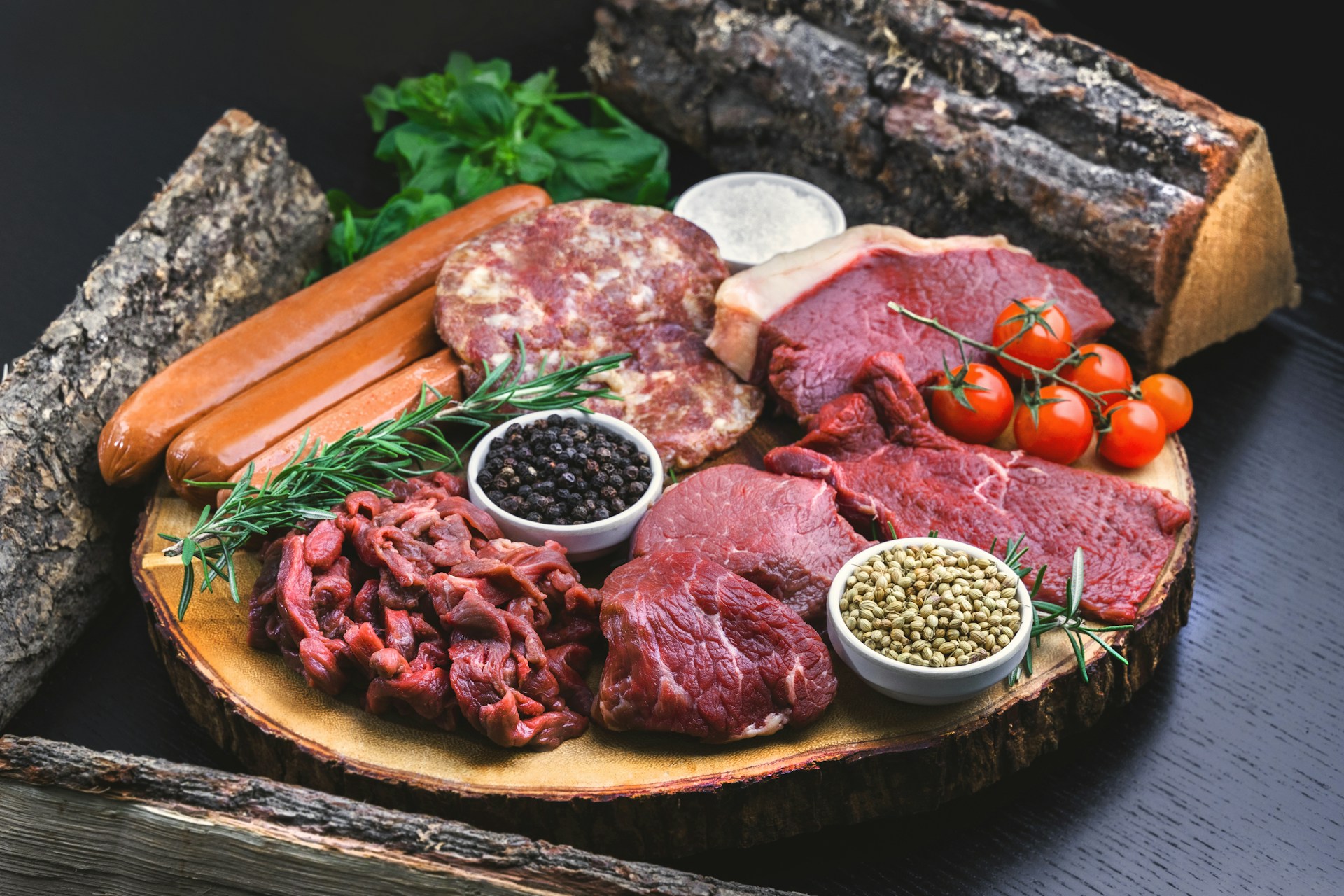관심 있는 상품에 대한 기사를 찾아보세요
455980개의 콘텐츠 검색됨
추천 콘텐츠
농업 및 식품의 최신 트렌드와 현재 이벤트를 탐색하세요.
오피니언
전문가 오피니언과 인사이트를 통해 농업 및 식품의 최신 농업 주제를 발견하세요. 이는 전 세계 시장 분석가 팀이 제공합니다.
현지 업데이트
현장 전문가의 통찰력으로 제공되는 거의 실시간 업데이트를 통해 농업 및 식품의 시장 상황, 공급망 중단, 가격 변동에 대한 정보를 얻으세요.
뉴스
정책 변화, 비즈니스 통찰, 기술 혁신 및 농업 및 식품에 영향을 미치는 시장 동향을 다루는 최신 농업 뉴스를 통해 최신 정보를 얻으세요.
주간 상품 업데이트
전문 글로벌 분석가가 제공하는 트렌딩 농업 및 식품 주제 및 주요 상품에 대한 프리미엄 주간 업데이트를 받아보세요.
리포트
농업 및 식품의 주요 트렌드, 새로운 기회, 그리고 중요한 문제를 다루는 상세 리포트를 심층 분석하세요.
인기 주제
농업 및 식품의 주요 문제와 관련된 기사를 탐색할 주제를 선택하세요.

시장 동향 및 가격
귀하의 비즈니스에 영향을 미치는 지역 및 글로벌 농업 시장 동향, 가격 변동 및 산업 이벤트에 대한 정보를 유지하십시오

혁신 및 기술
최신 기술 혁신이 전 세계 농식품 공급망을 어떻게 재구성하고 있는지 알아보세요

규정 및 규정 준수
세계 농업 무역에 영향을 미치는 주요 무역 정책, 법적 요구 사항 및 준수 고려 사항에 대해 알아보세요

지속 가능성 및 환경 영향
지속 가능한 농업 관행에 대한 통찰력을 얻고 귀하의 농업 비즈니스에서 환경 영향을 최소화할 수 있는 최상의 방법을 탐구하십시오

공급망 관리
농식품 공급망 전반에 걸쳐 효율성을 개선하고 비용을 절감하며 운영을 간소화하는 검증된 전략을 발견하세요

떠오르는 시장 기회
새로운 시장 기회를 가장 먼저 탐색하고 그것이 귀하의 농업 비즈니스에 어떻게 영향을 미칠 수 있는지 이해하십시오

식품 안전 및 품질
생산 및 가공에서부터 저장 및 운송에 이르기까지 공급망 전반에 걸쳐 식품 안전 및 품질 관리를 위한 세계 최고의 관행을 배우세요
농업 및 식품의 상품
농업 및 식품 카테고리 내의 다양한 하위 카테고리를 둘러보세요. 비즈니스 요구에 맞춘 맞춤형 인사이트를 발견하려면 하위 카테고리를 클릭하세요.
농업 및 식품의 카테고리
농업 및 식품에 대한 관련 카테고리를 클릭하세요. 비즈니스 요구 사항을 충족하도록 특별히 설계된 통찰력 모음을 읽으려면 카테고리를 클릭하세요.
>
농업 및 식품 인사이트
'쿠키 허용'을 클릭하면 통계 및 개인 선호도 산출을 위한 쿠키 제공에 동의하게 됩니다.
개인정보 보호정책에서 쿠키에 대한 자세한 내용을 확인할 수 있습니다.




















